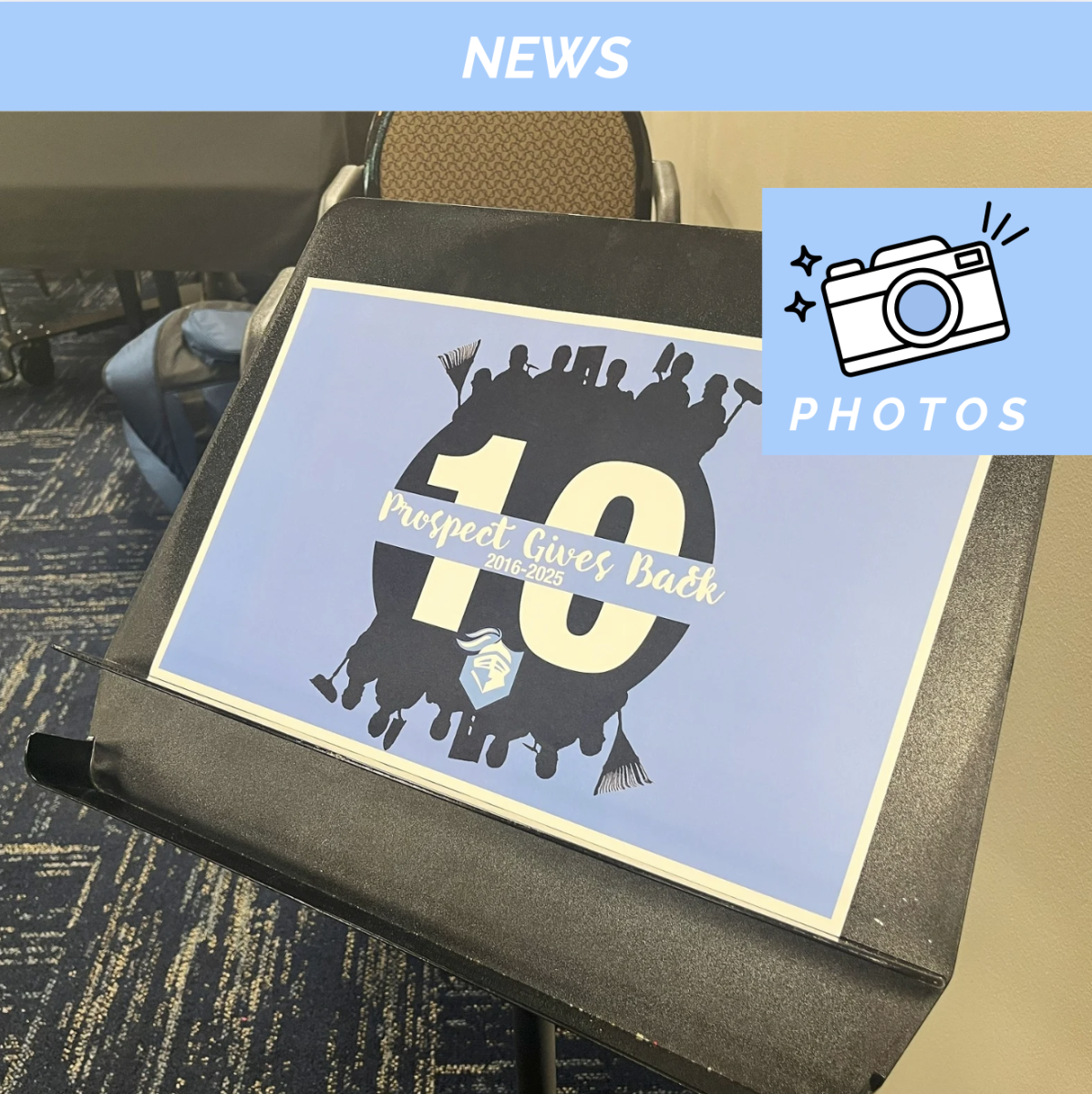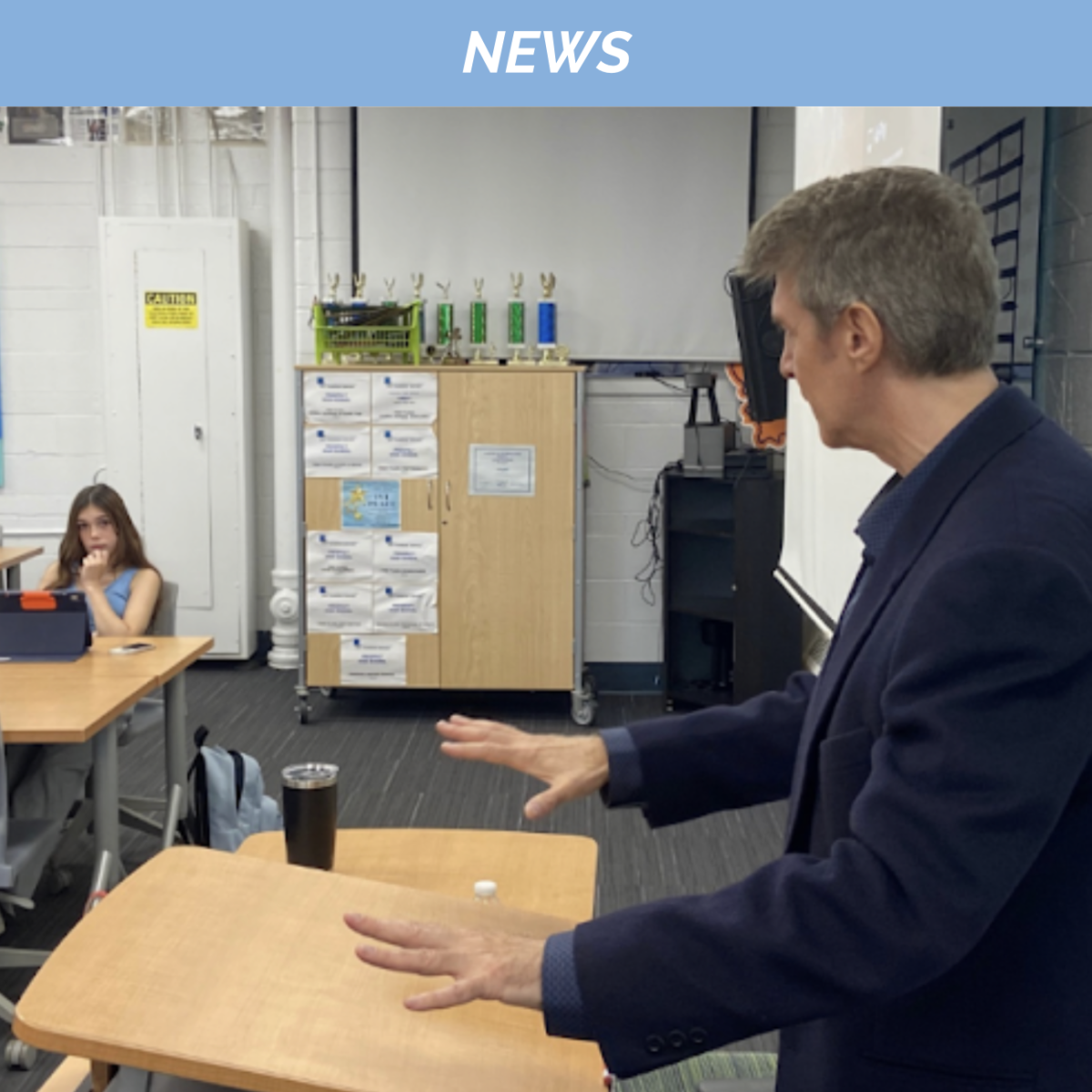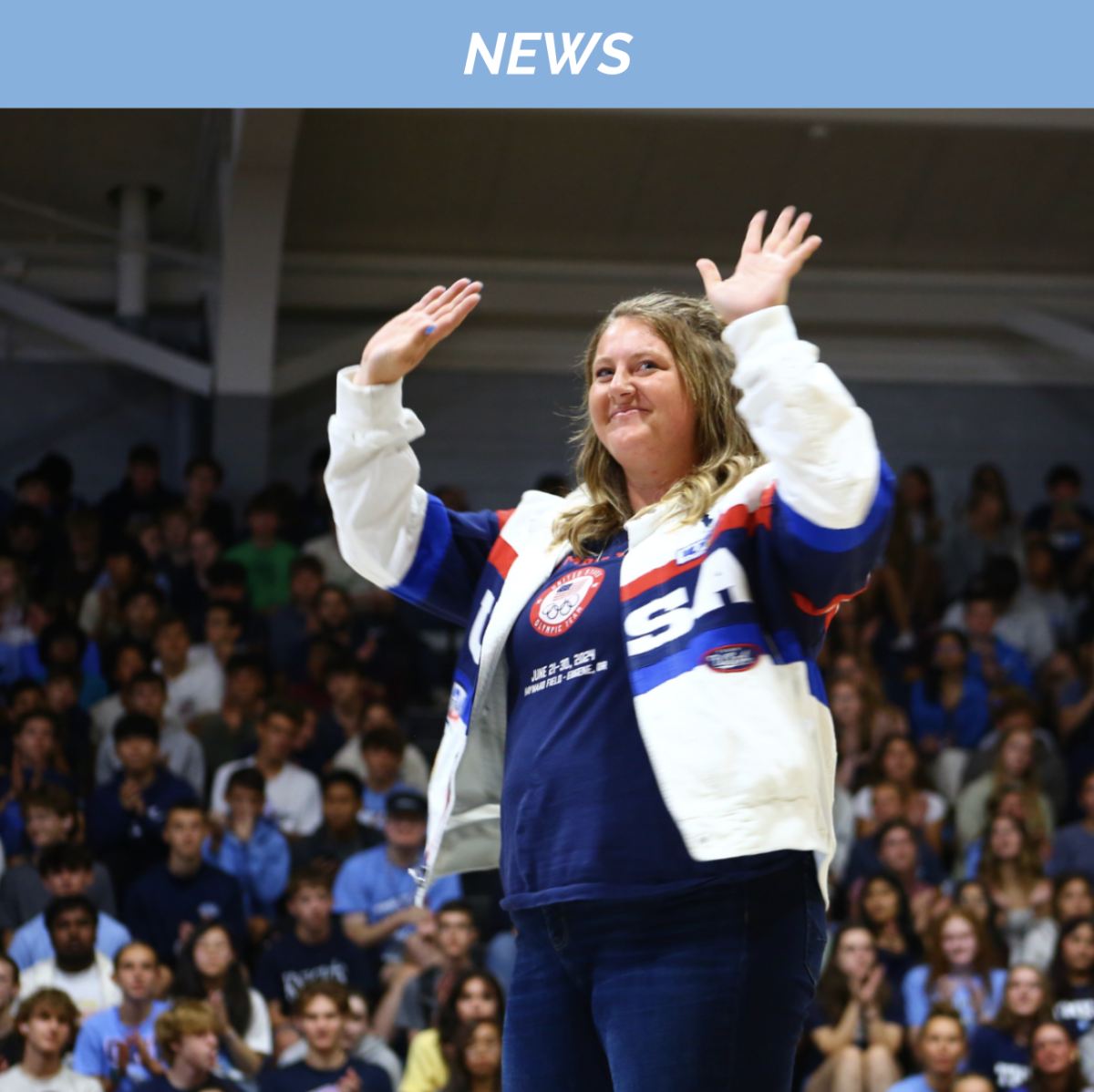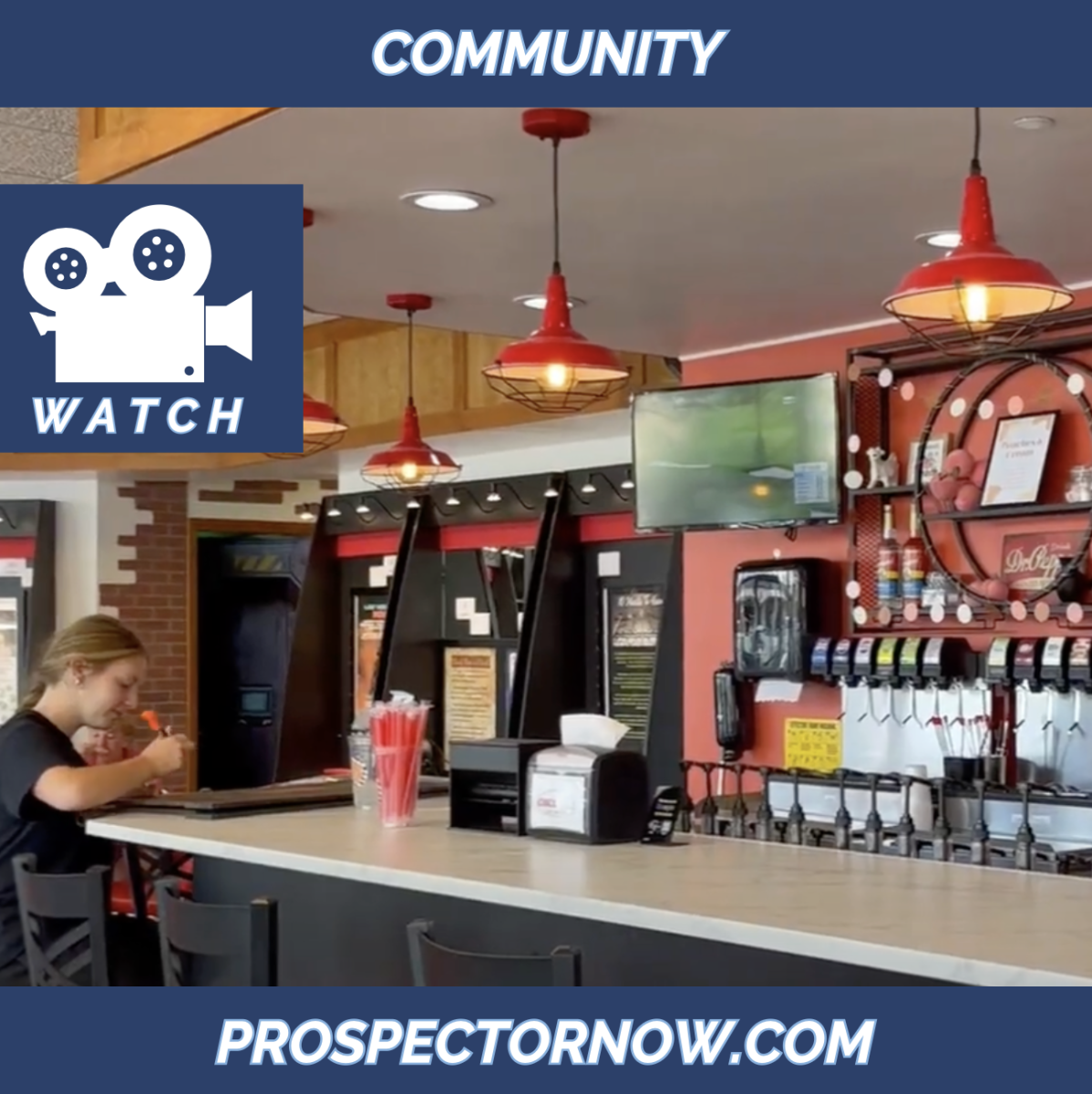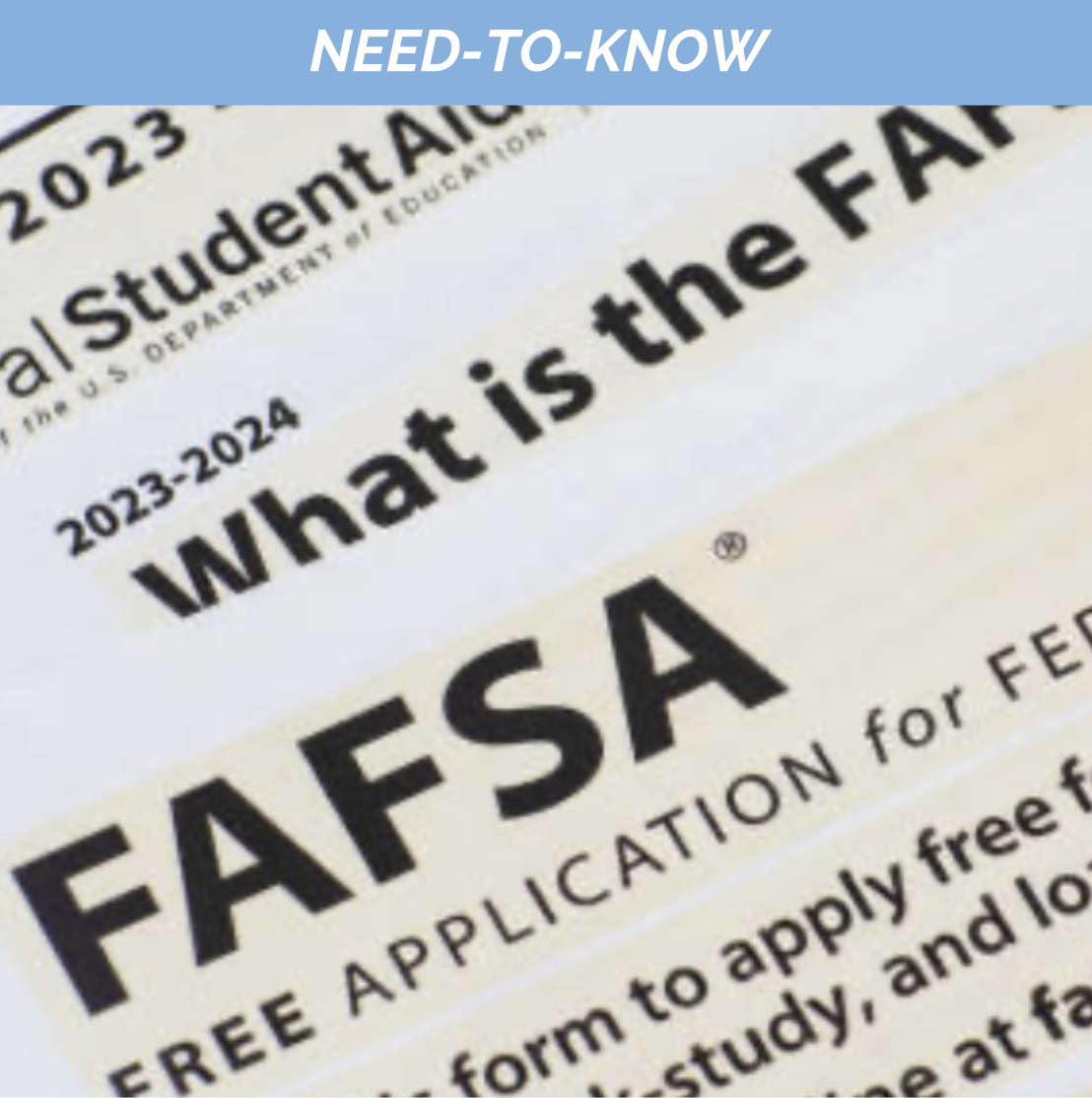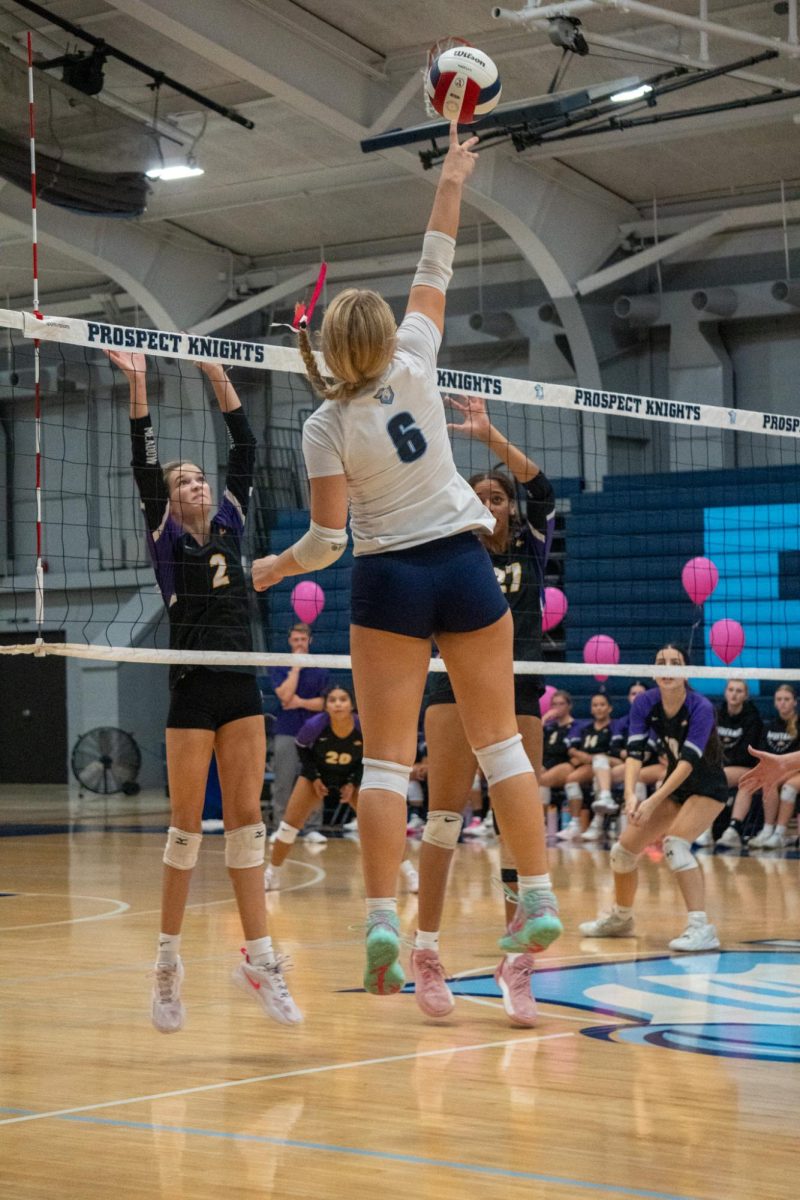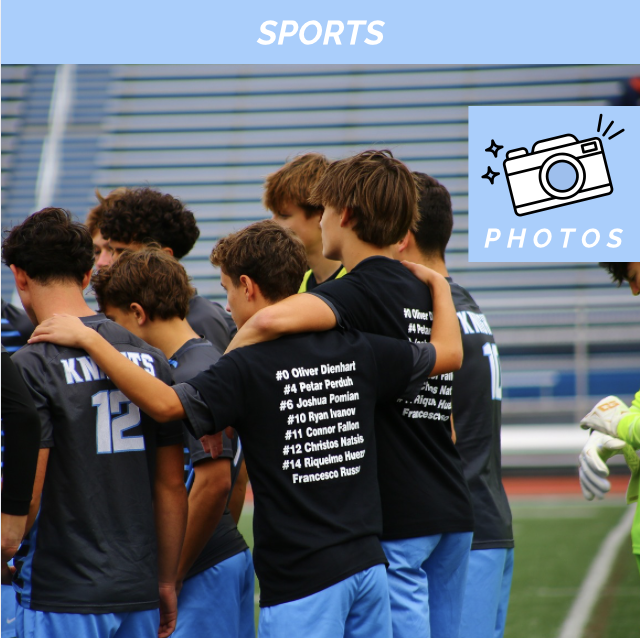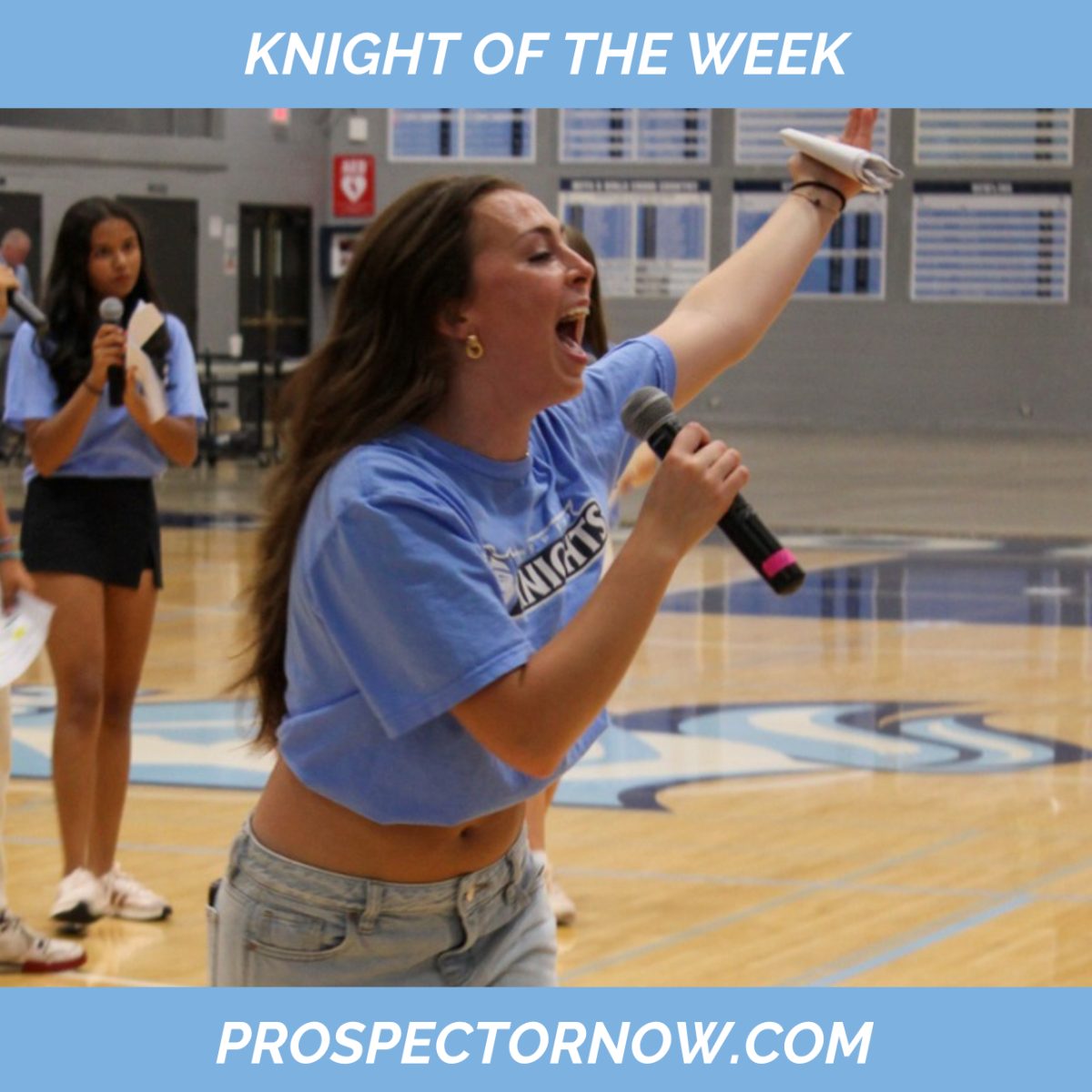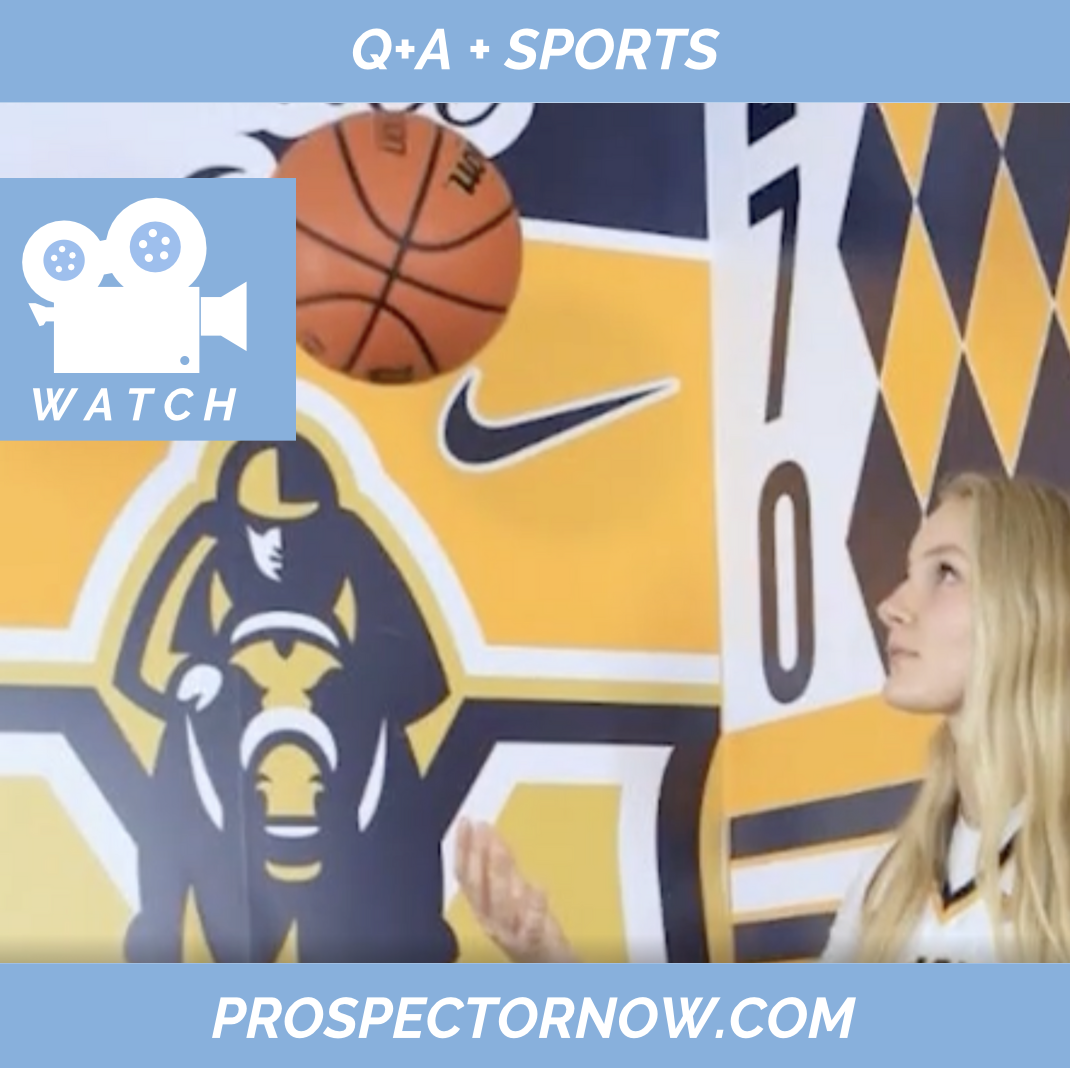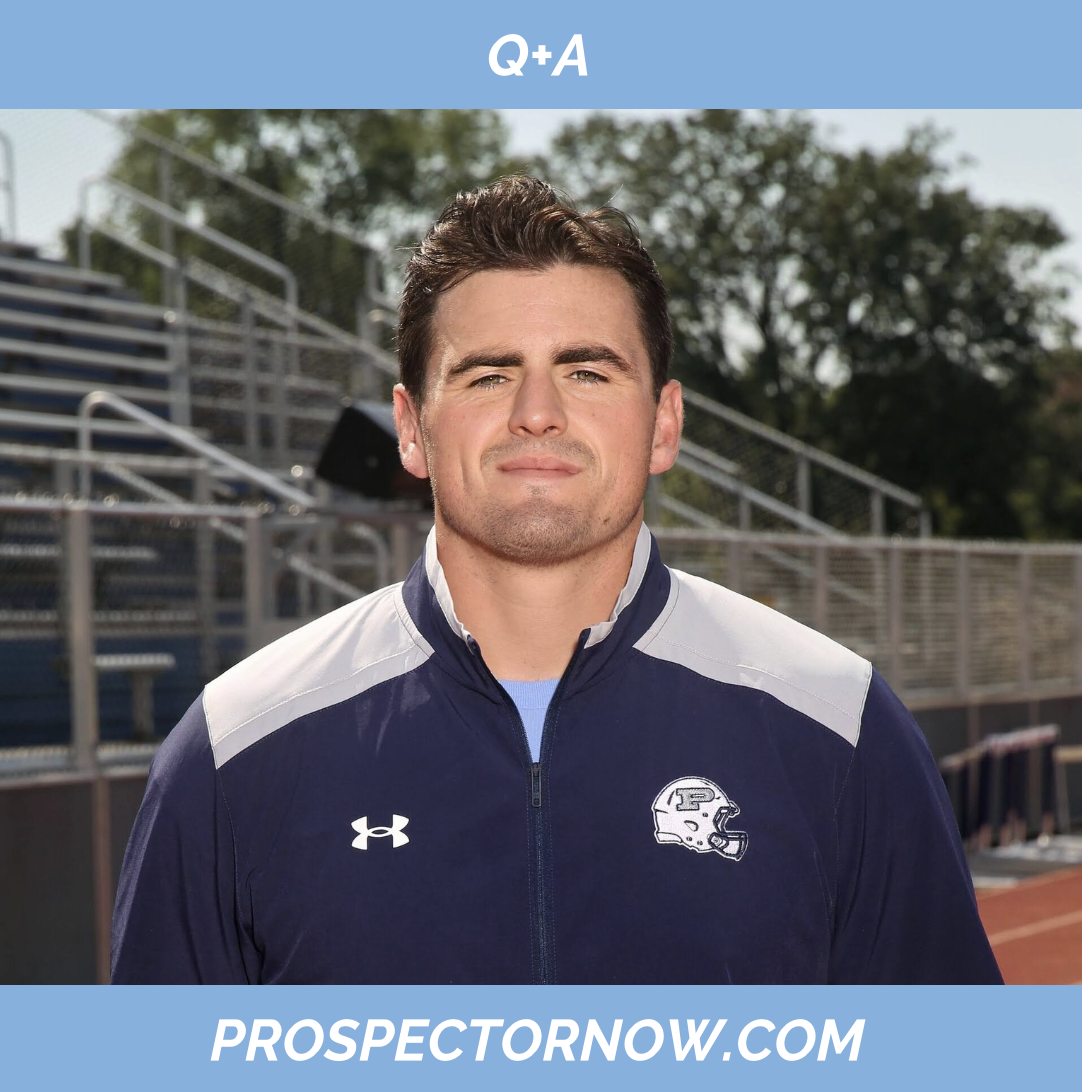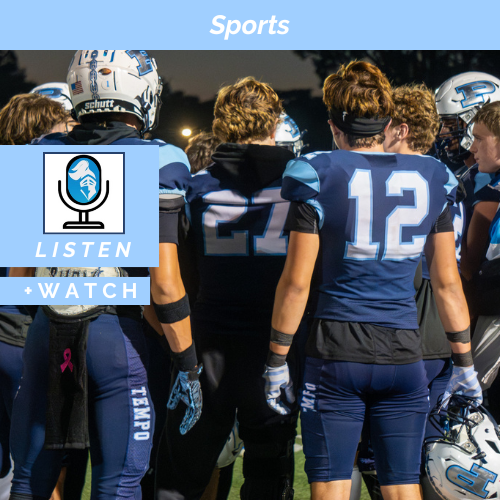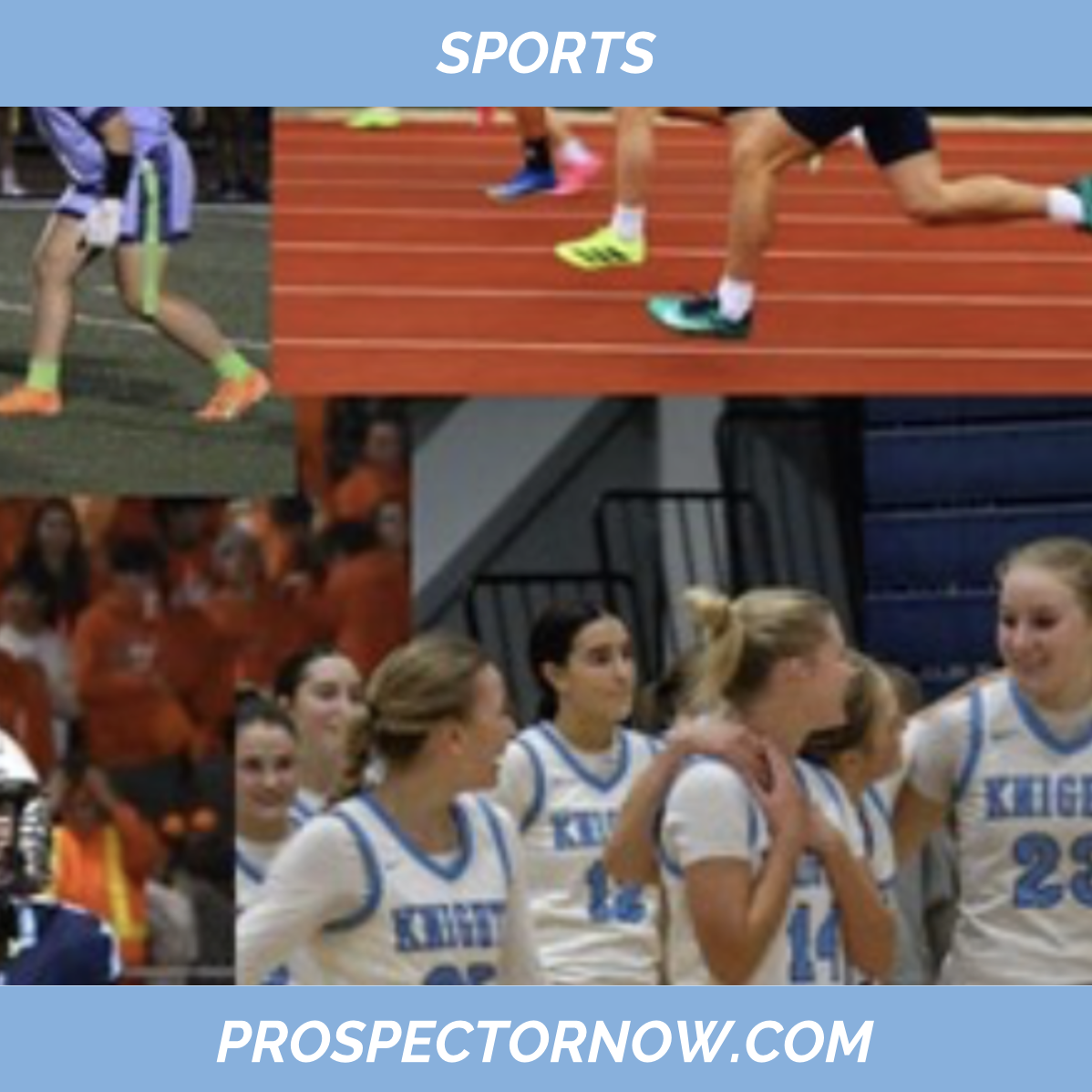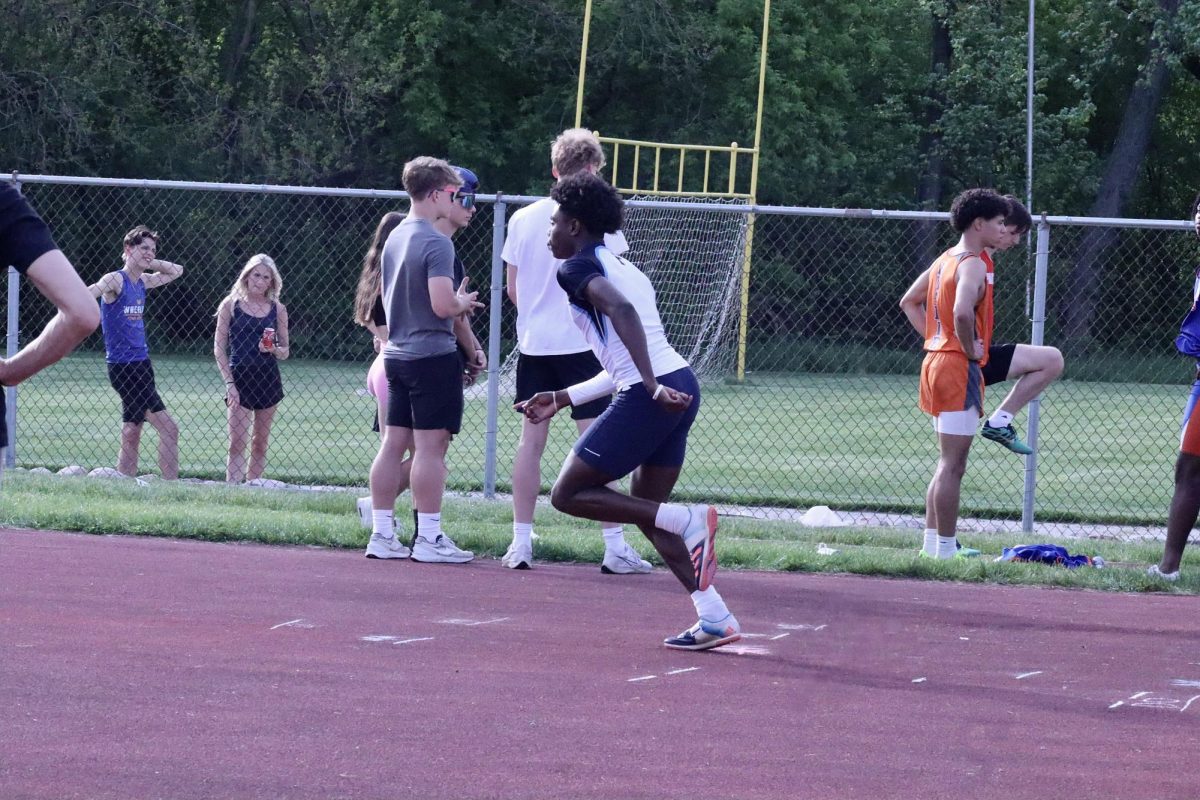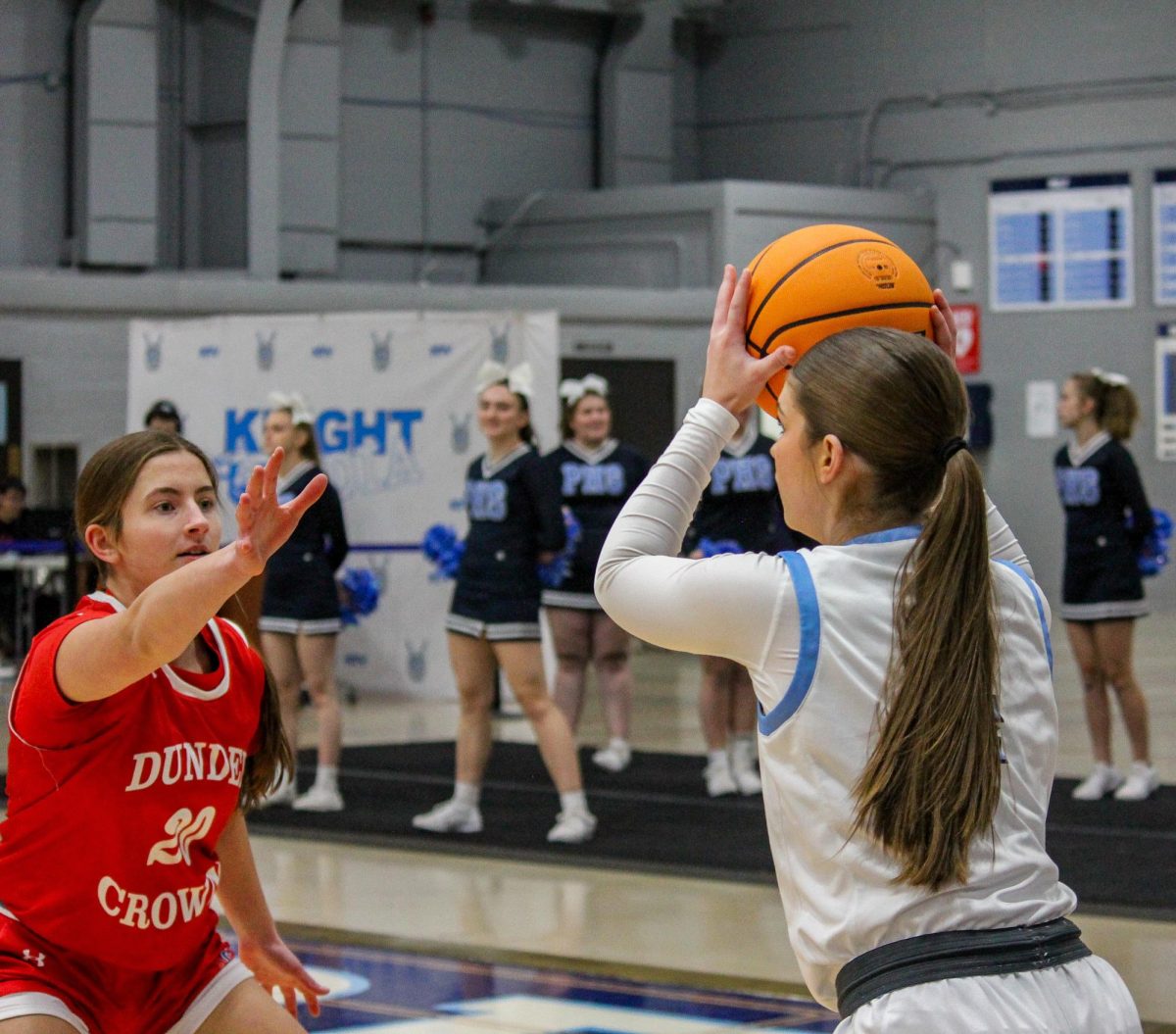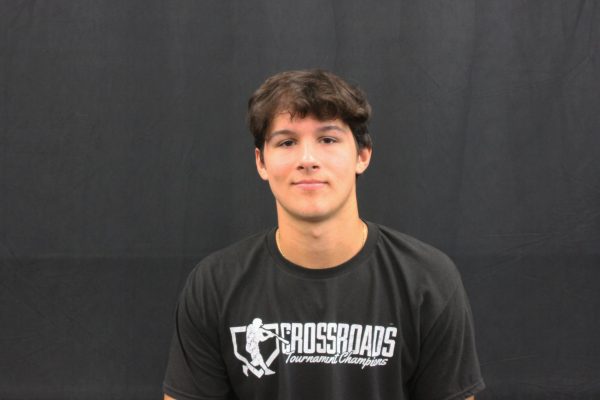The Prospect track and field team has produced some of the best athletes in the country, sending multiple athletes, such as 2023 graduates Dominik Balenda and Mark Hanson, to college for track. 2014 graduate David Kendziera even made it to the Olympics in 2021. The strides to success are in the winter season, where head coach Jay Renaud pushes his athletes to get bigger, faster and stronger.
“It’s a lot of work,” senior Charlie Knee said. “But we’re all willing to do it because we know how successful it’s been for us.”
The winter season is from the end of November all the way up to the spring season, which, depending on the weather, starts in early April. Renaud trains the team into peak shape, practicing six days a week to get ready for the start of the outdoor season.
The team practices Monday through Friday, with either a race or practice Saturday. The long distance runners are typically outside running countless miles in the snowy weather. Meanwhile, the sprinters run short sprints, both outside and inside, for up to an hour, and they do cardio work on the bikes in the weight room to reduce stress and prevent overuse on certain muscles in their legs. They also do a lot of power or hang cleans and banded plyometrics, vertical or horizontal jumping, to enhance their explosiveness.
Throws coach Tim Beishir and the throwers are typically inside throwing medicine balls and discusses into the field house netting. Their main focus during the winter season is prioritizing form on their throws, which allows them to use all their energy on throwing far during the outdoor meets rather than having to worry about faulting or injuring themselves. While that’s going on, the jumpers are working to improve their jumping ability or vertical. They are either inside using the pits, which are underneath the field house track floor, or doing leg exercises in the weight room.
Senior Jaylen Calhoun, a 4 by 100 meter relay state qualifier last year, knows how tough the workouts can be. Calhoun finds the workouts draining, but he enjoys spending most of the workout with his friends, as well as seeing his hard work eventually paying off.
Calhoun said the workouts help their mental and physical abilities because it prepares them for the rigorous weather and adversity they’ll face outdoors while other teams may be unprepared for changes in the race course .
Aside from the intense workouts, Renaud has the short and long distance runners on a regeneration program devised by the coaches to help recuperate the athletes’ bodies. The program consists of the long distance athletes running eight miles while the short distance runners are stretching and working on core exercises.
With the intense training, former state qualifier senior Nico Chavez (who also committed to North Central for track and field), understands how important it is for athletes to help their bodies recover.
“The main way we stay healthy throughout the season [and are] able to perform the way we do is through our nutrition, sleep and hydration,” Chavez said.
Renaud insists on keeping up their nutrition because it’s the key to muscle growth. Muscles require amino acids to be repaired after the runners are broken down from such intense exercises. Renaud suggests for them to eat eggs and meat in order to maintain a good supply of these nutrients. Sleep is also extremely crucial because while the athletes sleep, their bodies produce hormones that help rebuild muscle tissue and produce new muscle fibers. Staying hydrated is just as important because it helps move the materials needed for constructing protein to the necessary parts of the body while also allowing the body to be more flexible.
The athletes’ focus on building their muscles back up, and the necessary regeneration process, is what makes the runners so successful. The team still wants to be competitive and win the indoor meets, which start in February, but the main focus of the winter season is preparing them for the outdoor meets in the spring.
The outdoor workouts and meets are important in the preparation for the spring because they get bigger, faster and stronger, while also learning how to handle the pressure of meets. This program has clearly been working.
Last year, Renaud and the team saw a lot of success by winning the MSL Indoor Invite in March, beating the 11 other conference teams. In the outdoor season, they went on to win the MSL East, for the 13th time in a row, while also winning conference, regionals and sectionals. They topped off the season by sending 19 athletes to the state meet.
The team looks to build upon their previous success by returning multiple athletes with a shot at a state title. Besides Chavez, Calhoun, and Knee, their major contributors will be John Peterson and Michael Piagari for long distance, Ben Riedel and Charlie Connolly for long sprints, Lorenzo DeLeon and Xander Orlando for short sprints and Tommy Johl and Malachi Tolliver for the throwers.
“We have a really good team, maybe better than last year,” Knee said. “And I know these guys are capable of doing some great things, but it all starts with people stepping up as leaders in the winter.”

